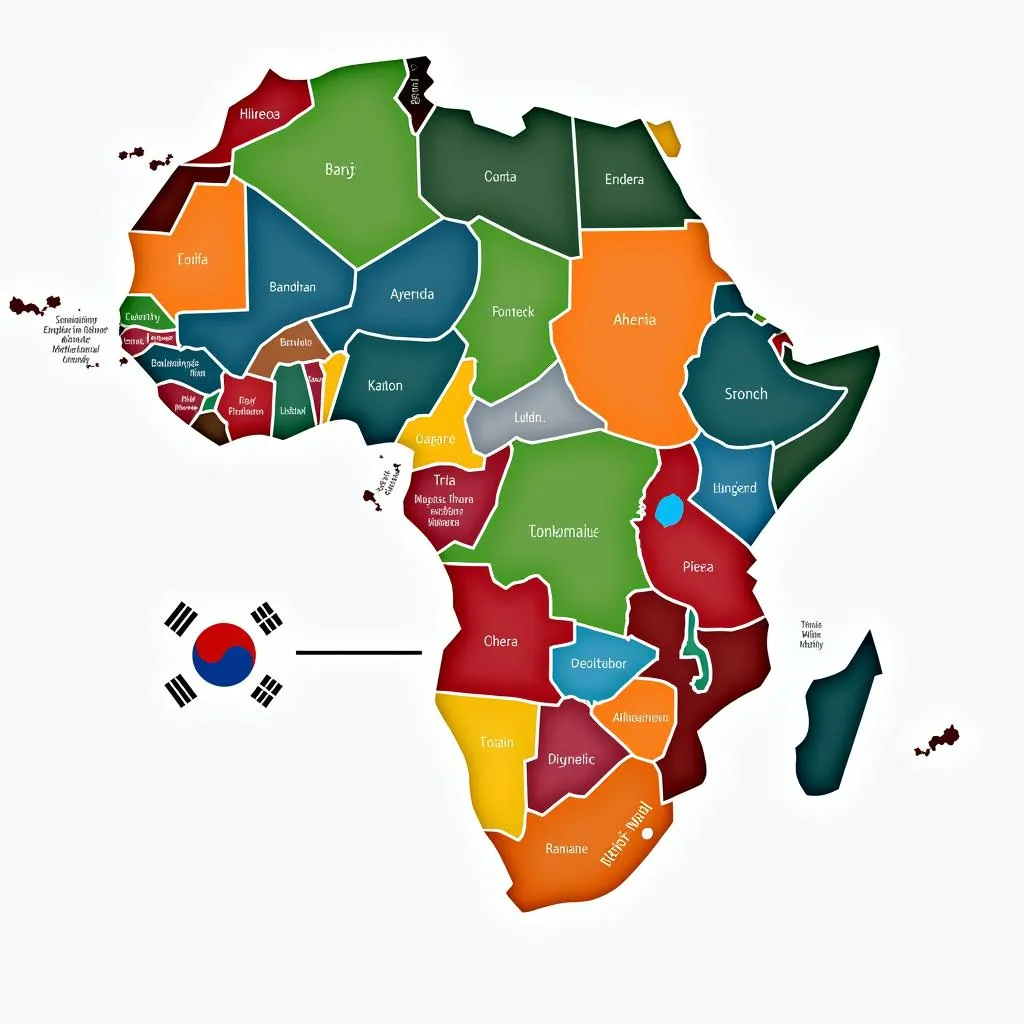African in Korean Translation: Exploring Cultural Nuances and Linguistic Connections
Exploring the intricate relationship between African languages and Korean might seem like an unusual topic. Yet, delving into the fascinating realm of language translation reveals surprising connections and cultural nuances that illuminate the rich tapestry of global communication.
This article delves into the complexities of translating “African” into Korean, examining the diverse perspectives, linguistic challenges, and cultural implications involved. We explore the nuances of language, consider the impact of historical and political factors, and shed light on how understanding these complexities can foster deeper appreciation and intercultural understanding.
The Challenges of Translating “African”
Translating “African” into Korean presents several challenges due to the inherent complexities of language, culture, and context. Here are some key considerations:
-
Linguistic Diversity: Africa is home to over 2,000 languages, making it incredibly diverse. Direct translation of “African” into Korean often fails to capture the nuances of specific African identities and cultures.
-
Cultural Specificity: The term “African” can be interpreted differently depending on the context and the audience. It might refer to a continent, a racial group, or a specific country. Korean translations should reflect these different interpretations accurately.
-
Historical Context: The history of colonialism and its impact on language development across Africa plays a significant role in translation. Translations should be sensitive to the historical complexities and avoid perpetuating colonial narratives.
-
Political Considerations: Political boundaries and identities in Africa can be complex. Translations need to be mindful of these complexities and avoid using language that could be misconstrued or deemed politically insensitive.
Exploring Korean Translations for “African”
Here are some examples of how “African” can be translated into Korean, along with their nuances:
-
아프리카 (Apeurika): This is the most common and direct translation of “African” into Korean. It generally refers to the continent of Africa.
-
아프리카계 (Apeurika-gye): This phrase translates to “African descent” and is used to refer to people of African origin or heritage.
-
아프리카인 (Apeurikain): This translation means “African person” and is often used to refer to individuals from Africa.
 Africa and Korean languages translation map
Africa and Korean languages translation map
The Importance of Contextual Understanding
Choosing the most appropriate Korean translation for “African” requires careful consideration of the context. Here are some factors to consider:
-
Purpose of the translation: Is it for academic purposes, artistic expression, or general communication?
-
Target audience: Who is the intended audience for the translation, and what are their perspectives and understanding of Africa?
-
Specific context: What are the specific cultural nuances and historical background relevant to the translation?
Examples of African in Korean Translation
Here are some specific examples to illustrate the importance of context in translation:
-
Literary Translations: Translating African literature into Korean requires a deep understanding of cultural references, idioms, and literary styles to convey the full meaning and impact of the original work.
-
Music Translations: Translating African music into Korean can involve not only translating lyrics but also adapting the musical style and instrumentation to resonate with Korean audiences.
-
News and Media: Translations of news articles and media reports about Africa need to be accurate, unbiased, and sensitive to the complexities of the continent.
 Example of African music translation into Korean
Example of African music translation into Korean
The Impact of Translation on Cultural Understanding
Translation plays a crucial role in fostering intercultural understanding by bridging language barriers and promoting cultural exchange. When translated accurately and sensitively, “African” in Korean can serve as a powerful tool for:
-
Building connections: Translation can help connect people from different cultures by facilitating communication and promoting understanding.
-
Challenging stereotypes: Accurate translations can help dismantle harmful stereotypes and misconceptions about Africa and its people.
-
Promoting cultural appreciation: Translation can introduce Korean audiences to the rich and diverse cultures of Africa through literature, music, and art.
The Role of Translators and Interpreters
Translators and interpreters play a vital role in bridging language and cultural gaps. They are responsible for:
-
Accuracy: Ensuring that translations are accurate and reflect the meaning of the original text.
-
Cultural sensitivity: Understanding the cultural context and nuances of the source and target languages to ensure that translations are appropriate and respectful.
-
Communication: Facilitating communication between individuals and groups from different cultural backgrounds.
Conclusion
Translating “African” into Korean is a complex and multifaceted process that demands careful consideration of linguistic diversity, cultural specificity, historical context, and political considerations. By carefully selecting the appropriate translation and ensuring cultural sensitivity, we can bridge language barriers, promote intercultural understanding, and foster a deeper appreciation for the rich and diverse tapestry of African cultures.

